Save Money on Electricity Bills by Using Energy-Saving Devices
There is an abundance of advertisements promoting energy-saving devices, boasting significant decreases in electricity consumption of 30-40%. Nonetheless, it is essential to exercise caution as many of these products have not undergone extensive testing, and there is a distinct possibility of purchasing fraudulent items which may consume more electricity or even pose a safety hazard.
Consequently, it is crucial to exercise prudence when considering the purchase of such devices.
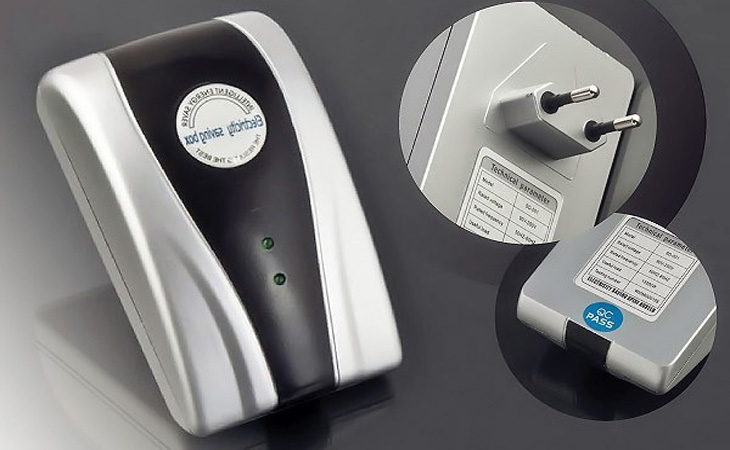
Tips to Reduce Energy Use: Don’t Keep Turning AC On and Off
It is advisable to avoid the habit of frequently turning off and on the air conditioning unit when leaving and returning to a room, even for short durations. This behavior can contribute to the quick wear and tear of the appliance and result in higher electricity consumption due to the energy required for restarting. Instead, it is recommended to maintain a temperature range of 28-29 degrees and utilize fans to effectively circulate the cool air throughout the room.
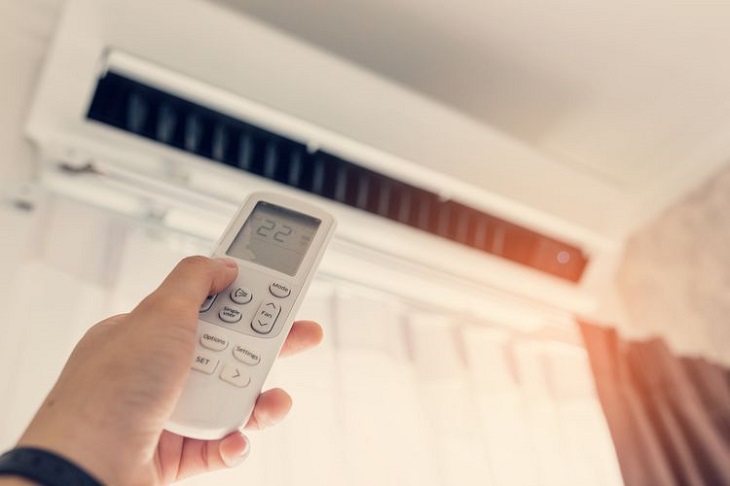
“Tips to Keep Your Refrigerator Ticking”
Regularly using your refrigerator helps prevent the inner coils from deteriorating quickly. When left unused for an extended period of time, the refrigerator requires a significant amount of energy to cool down efficiently once it is turned back on. This can waste electricity and impact its overall performance. To ensure optimal efficiency, it is recommended to keep your refrigerator running consistently.
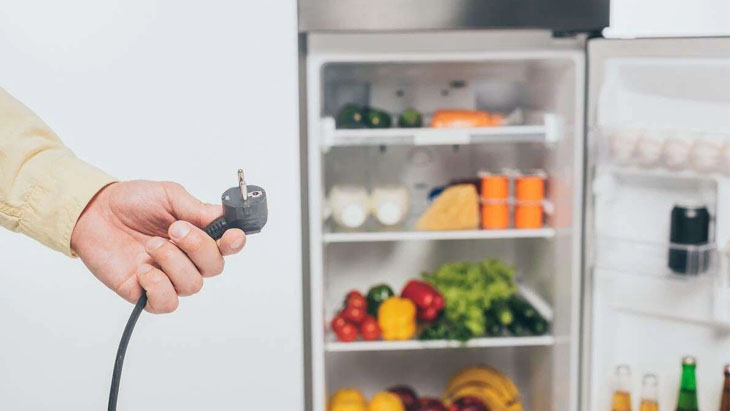
Tips for Keeping the Refrigerator From Being Overstocked
There is a common misconception that filling the refrigerator with a large amount of food will quickly cool it down and save on electricity. However, this belief is actually counterproductive as it causes the refrigerator to work harder to cool down all the food inside, leading to increased energy consumption. To ensure optimal energy efficiency, it is recommended to avoid overloading the refrigerator.
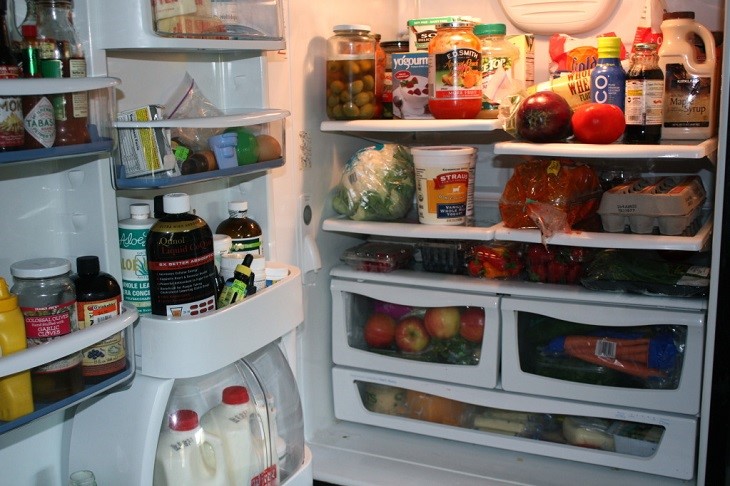
Tips for Conserving Energy: Don’t Keep Devices in Standby Mode
Leaving devices in standby mode can still consume energy and pose risks. Power supply problems can lead to electric shocks or explosions. To save energy and prevent potential hazards, it is recommended to turn off devices, like computers, when they are not in use.
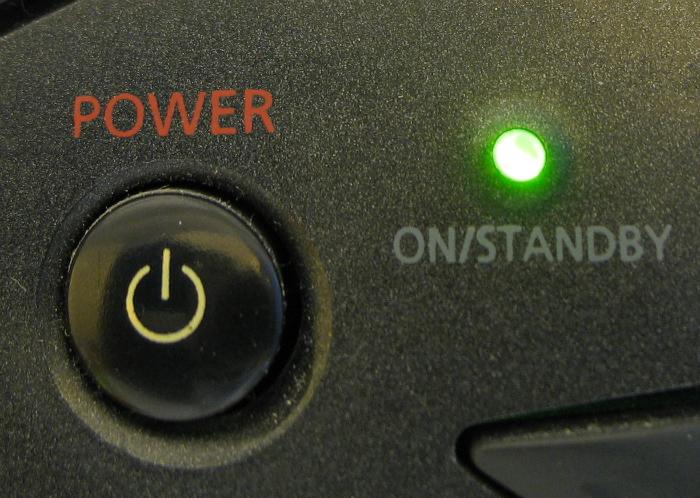
Don’t Forget to Turn off Lights When Exiting a Room
Conserving energy is a responsible practice, and one way to do so is by turning off lights when leaving a room. However, it’s important to note that this method is only effective for incandescent bulbs, not for fluorescent bulbs. In fact, repeatedly turning fluorescent bulbs on and off can actually lead to increased electricity consumption. As a result, it is unnecessary to turn off the lights if you plan on returning to the room within 15 minutes.
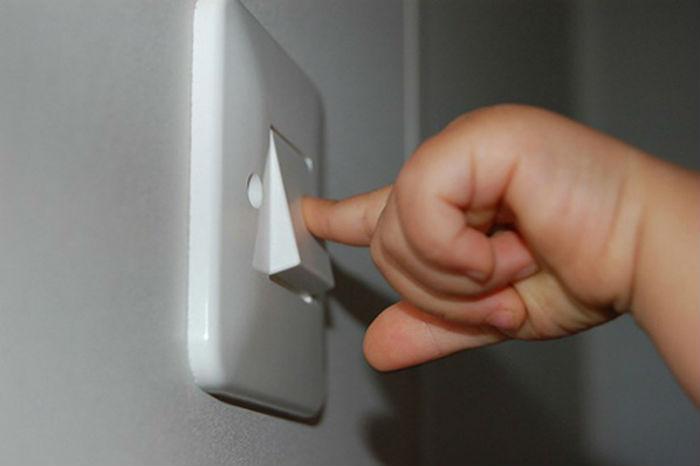
Experts Urge Expansion of Energy-Saving Practices Across All Devices
Improving energy efficiency not only involves air conditioning and refrigerators, but also extends to various other devices within the household. This encompasses electronics, lighting systems, aquariums, and more. By implementing energy-saving practices across all devices, substantial energy conservation can be achieved.
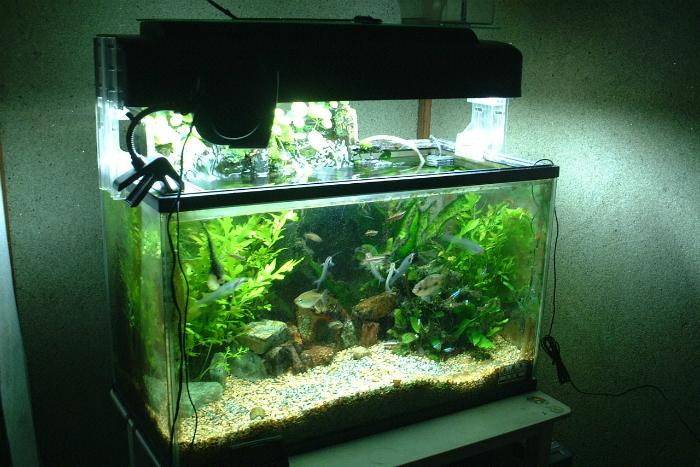
Advocate Limiting Warm Mode Rice Cooker Use to Cut Down Energy Consumption
Using a rice cooker in warm mode for extended periods can result in excessive energy consumption, leading to unnecessary electricity waste. It is advisable to utilize the warm mode for a specific duration in order to preserve the quality of the cooked rice. Extended warming offers no additional advantages and only serves to amplify electricity usage.
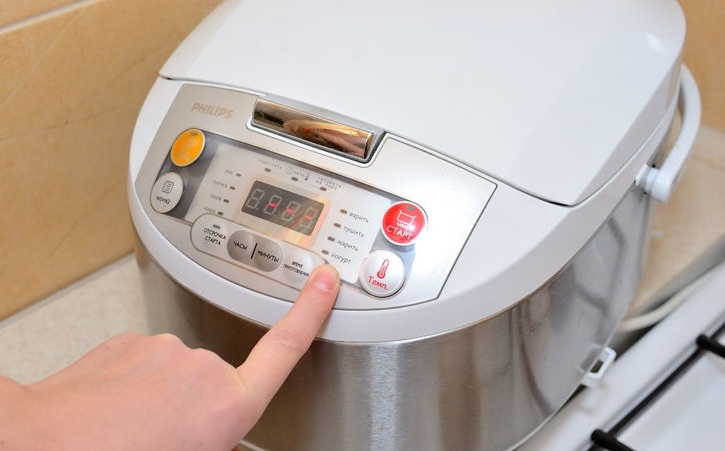
Maintaining a Frost-free Freezer Compartment Through Regular Cleaning
Maintaining the efficiency of your refrigerator is crucial, as allowing a substantial layer of frost to accumulate in the freezer compartment can impede the circulation of cold air, resulting in inefficient cooling. Consequently, your refrigerator may run incessantly, leading to increased energy consumption. To prevent unnecessary energy waste and ensure optimal performance, it is essential to regularly clean and defrost the freezer.
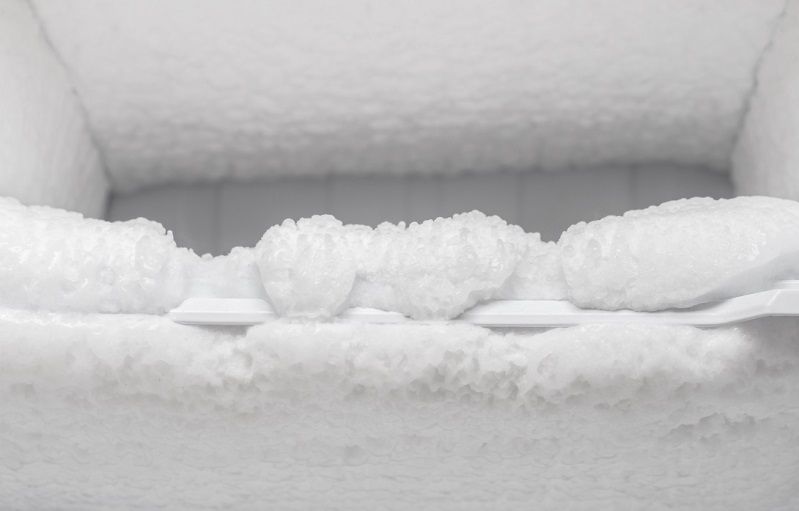
Advice to Combat the Heat: Switch to Air Conditioners Instead of Ceiling Fans
Ceiling fans are often mistakenly used primarily for cooling purposes, when in fact their main function is to circulate air and create a comfortable environment. While ceiling fans do not significantly alter room temperature, relying solely on them for cooling can result in higher energy consumption. It is advisable to use air conditioners as needed and to switch off ceiling fans when leaving the room.
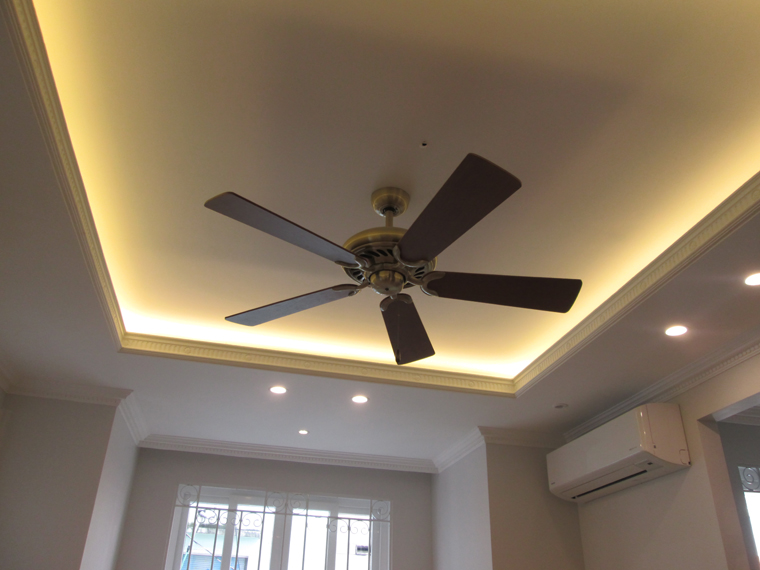
“Power-Saving Tip: Unplug Devices Instead of Just Turning Them Off”
The continuous energy consumption of electronic devices, even while in the “off” state, is a significant issue that should not be overlooked. It is crucial to unplug devices, including computer chargers, game consoles, and televisions, when they are not actively being used to avoid unnecessary energy consumption. A mere act of turning these devices off via remote control may not cease their power usage entirely. The most efficient approach to conserving energy is by disconnecting them from their power sources.
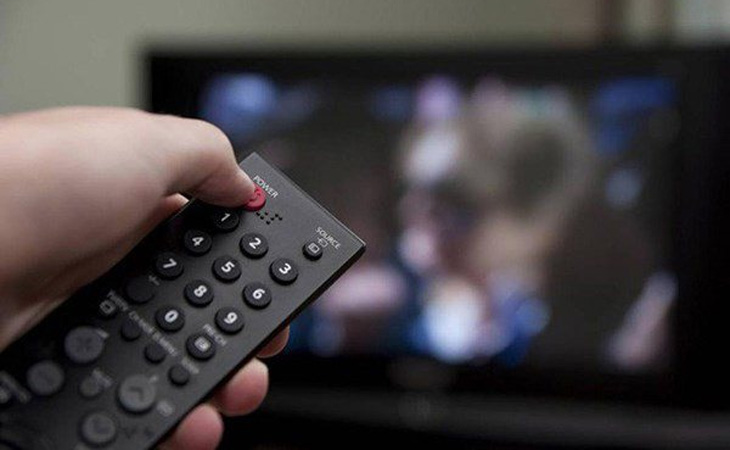
With the increasing cost of electricity, it is essential to prioritize investments in energy-saving practices. However, it is crucial to have a clear understanding of the subject and avoid any misconceptions. By correctly implementing these practices, significant energy savings can be achieved. Wishing you the best of luck!

































